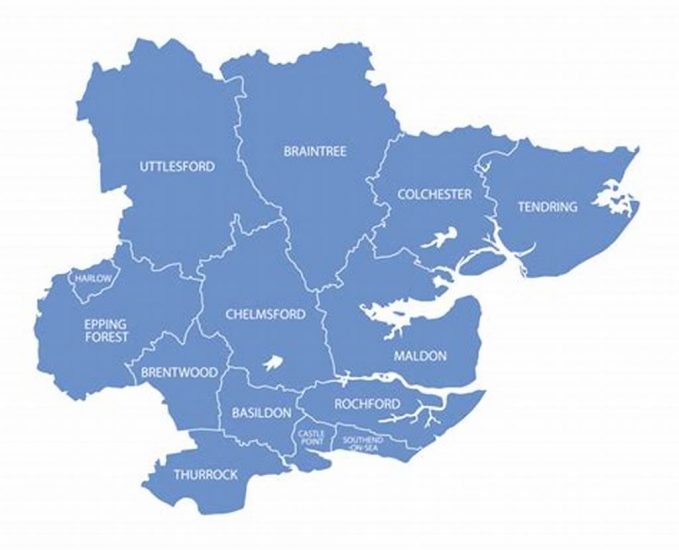
What does Devolution mean for charities in Essex?
26th February 2025
Devolution is set to reshape the landscape of local governance across Essex, and the voluntary and community sector (VCS) will undoubtedly feel its impact. As the UK government consults on forming a Mayoral Combined County Authority for Greater Essex, we are committed to ensuring the sector’s voice is heard.
The proposed devolution deal would transfer powers and funding from central government to a newly established Strategic Authority, covering Essex, Southend-on-Sea, and Thurrock. This authority, led by an elected Mayor from 2026, would oversee strategic transport, skills development, economic growth, and more.
Andy Payne Worpole, our Director of Policy and Programmes, looks at what impact Devolution might have on the voluntary and community sector.
Andy said, “For the VCS, devolution presents both opportunities and challenges. Greater local control could lead to more tailored solutions for community needs, streamlined funding processes, and improved coordination between local authorities and community organisations. However, the transition also brings uncertainty regarding funding structures, service delivery models, and the potential for disparities across different parts of Essex.
‘To kickstart the conversation, we are hosting an initial roundtable with Essex infrastructure leaders. This event marks the beginning of an ongoing dialogue aimed at understanding how devolution can best serve the sector.’
Key questions will shape this discussion: How will funding for community initiatives be allocated under the new structure? What role will voluntary organisations play in shaping local priorities? How can we ensure that smaller, grassroots groups are not overlooked in the process? Will the changes mean pausing any new funding decisions while the process of transition is underway?
‘These questions are especially pertinent within the wider context of Local Government Reorganisation (LGR). The government’s vision for simpler council structures—moving from Essex’s current two-tier system to unitary authorities—could further alter how services are delivered and how the VCS interacts with local government.
‘These structural changes come at a time when the sector is already facing significant challenges. Insights from our recent research highlight reduced funding opportunities, increased demand for services, and growing pressure on staff and volunteers. This underscores the need for sustained funding to support ongoing initiatives and future projects. Many organisations are reporting funding shortfalls, increased competition for grants, and difficulties in retaining staff amid rising operational costs.’
Against this backdrop, the sector are likely to identify several key asks moving forward:
- Clarity on Funding: Transparent communication about how funding structures will evolve under the new authority, ensuring continuity of existing support and clear pathways for future discussions on funding.
- Inclusivity in Decision-Making: A commitment to involving voluntary and community organisations in shaping the priorities and strategies of the new governance structures.
- Support for Smaller Organisations: Recognition of the unique challenges faced by grassroots groups, ensuring they are not disadvantaged by the transition.
- Sustainable Investment: Assurance that long-term funding plans will support the resilience and growth of the sector, rather than focusing solely on short-term projects.
- Regular Dialogue: An ongoing forum for engagement between the sector, local authorities, and the new Strategic Authority to address emerging challenges and opportunities collaboratively.
ECF is committed to supporting the sector through this period of change. We will continue to hold further discussions with groups and organisations across the county and this coupled with insights from the government’s Greater Essex Devolution consultation, will inform our approach. We invite the voluntary and community sector to engage with us and the consultation, share concerns and ideas, helping to shape the future of devolution in Essex.
The journey has just begun. By working together, we can ensure that devolution enhances—rather than hinders—the vital work of community organisations across Essex.
